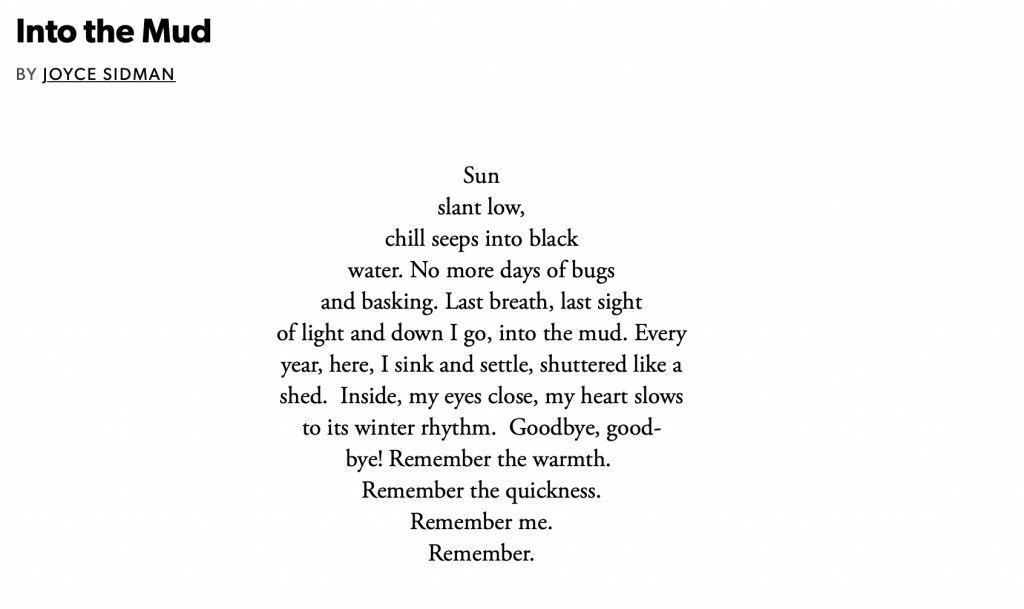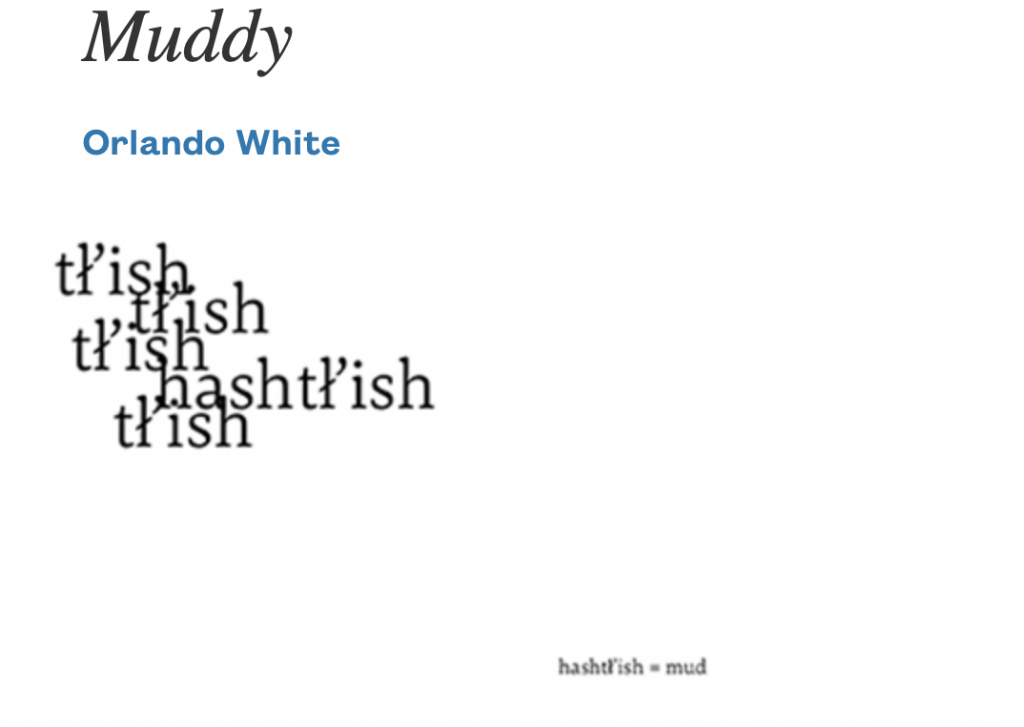4.8 miles
Veterans’ Home loop
49 degrees
A wonderful morning for a run. Sunny, warm, mostly calm, not too crowded. Saw Dave the Daily Walker at the start of my run. “Good morning Dave!” Ran south. Noticed the river a few times, sparkling in the sun. Heard lots of woodpeckers. The falls and creek were rolling along. I heard Minnehaha as I ran above it, over to the Veterans’ Home.
My favorite sound was the unexpected duet between a roller skier’s clicking and clacking poles and the sharp steady beak of a woodpecker. My second favorite sound was the way water gurgled and gushed in spurts out of the sewer pipe below the 44th street parking lot.
before the run
today’s theme for dirt: gravel, rubbled asphalt.
1 — definitions of gravel
Here are a few definitions from the online OED:
gravel (n): a material consisting of coarse sand and water-worn stones of various sizes, often with a slight intermixture of clay, much used for laying roads and paths.
gravel (v): 4. To set fast, confound, embarrass, non-plus, perplex, puzzle; and 5. of a question, difficulty, practice, subject of discussion, etc.: To prove embarrassing to; to confound, perplex, puzzle. Also U.S. To irritate, to ‘go against the grain with’.
2 — gravel in the gorge
Looked up gravel in the Gorge Management plan from an extensive study in 2002, and found out this about what I’m above near the start of my run:
Sandberg Loamy Coarse Sand is found within the savanna areas near the end of 36th Street and sloping areas to the north. Depth to bedrock is generally more than 60 inches and the soil is excessively drained. The soil has an available water capacity to a depth of 60 inches and an organic content in the upper 10 inches of 2%. A typical profile is as follows:A — 0 to11 inches; loamy coarse sand
Bw —11 to 27 inches; coarse sand
C — 27 to 80 inches; gravelly coarse sand.
3 — gritty gravel
I like the grit of gravel under my feet as I run. I’ve written about it a lot: the sibilant sound, the soft slippery slide when I run over it.
4 — dirt and gravel words
Had a vague recollection of posting a tweet that talked about words that were like gravel. It took me several minutes to find it, but I finally did! It’s from a log entry on august 21, 2020:
I’ve been thinking about how useful and wonderful it is to record myself reciting a poem and then listening back to the words, which are often correct but sometimes wrong in unexpected ways. I found a tweet yesterday, which doesn’t totally fit with this memorizing but connects:
“transcriptions rly show how much of our talk is dirt & gravel, how clear thoughts have to be panned for like gold
yet all the human pleasure is in the gravel, in the second-guessing & laughter & short sighs, the repetitions & amens, the silences where thoughts turn & settle
One bit of “gravel” I find in my recitation recordings is when I struggle to remember a word or phrase or line. Such delight in hearing the moment of remembering and the struggle to achieve it! What would it look like to transcribe that into a poem, I wonder?
august 21, 2020
5 — Oswald and the Tin-extractor
Reading the bit about panning for gold, I’m reminded of Alice Oswald’s Dart and her lines about the Tin-extractor (pages 17-18):
you can go down with a wide bowl, where it eddies round bends
or large boulders. A special not easy motion, you fill it with
gravel and a fair amount of water, you shake it and settle it and
tilt it forward. You get a bit of gold, enough over the years to
make a wedding ring but mostly these dense black stones what
are they?he puts them in Hydrochloric acid, it makes his fingers yellow,
but they came up shiny, little wobbly nuts of tinand the stones’ hollows hooting back at them
off-beat, as if luck should play the flutecan you hear them at all,
muted and plucked,
muttering something that only be expressed as
hitting a series of small bells just under the level of your
listening?you rinse it through a shaking screen, you take out a ton of
Dart / Alice Oswald
gravelly mud for say fifty pounds of tin…
6 — Mary Oliver and gravel as dust as death
One section of The Leaf and the Cloud is titled, “Gravel.”
from 3.
Everything is participate.
Everything is a part of the world
we can see, taste, touch, hold onto,and then it is dust.
Dust at last.
Dust and gravel.8.
Listen, I don’t think we’re going to rise
in gauze and halos.
Maybe as grass, and slowly.
Maybe as the long leaved, beautiful grassI have known, and you have known—
or the pine trees—
or the dark rocks of the zigzag creek
hastening along—or the silver rain—
or the hummingbird.
9.
I look up
into the face of the stars,
into their deep silence.10.
This is the poem of goodbye.
And this is the poem of don’t know.My hands touch the lilies
then withdraw,my hands touch the blue iris
then withdraw;and I say, not easily but carefully—
the words round in the moth, crisp on the tongue—dirt, mud, stars, water—
I know you as if you were myself.
during the run
Difficult to remember now that the run’s done, but I remember listening for the grit under my feet and thinking about how I like feeling something under me as I run. Also thought about Wittgenstein and the importance of rough ground, how smooth surfaces offer nothing to grab onto, to notice. And how uneven, gravelly ground offers a good distraction from the effort of a run.
Running past the Wabun playground, I suddenly remembered the time that Scott ran up the slide with the kids and into the metal bar at the top with his head. If he had hit it just right, or just wrong, he might have died — at least that’s what we thought when it happened. He was fine, but as I kept running, thinking about dust and death, I had a quick flash — how different life would have been for me and the kids if he had hit it wrong and would have been gone for more than a decade now. Thankfully the thought evaporated quickly, replaced by the rush of the river as it roared over the dam, and the ache in my legs as I ran down the steep hill below the Veterans’ Home.
I know I had more thoughts than that, but they’re all gone now.
addendum, 12 april: I almost forgot. I chanted about gravel to keep my pace steady and my mind focused (or distracted or shut off?):
gravel gravel
pebble pebble
rock / rock /
stone / / /
Nothing that creative, but it worked as a chant and I liked the sharpness of rock and the way stone stopped the sound, making room for 3 beats of silence.
addendum, 23 april: Re-reading this entry, I think I like this chant slightly better:
gravel gravel
pebble pebble
rock rock stone /
after the run
Searched “walt whitman gravel” and this was the first result:
Walt Whitman
A high nutrient amendment comprised of compost, rice hulls and chicken manure. A little goes a long way. Blend with existing soil at 25-30% by volume and follow with a thorough irrigation immediately after planting. Walt Whitman when used at an appropriate rate will provide adequate fertility for plant establishment.
Contains: Wonder Green™ Compost, Rice Hulls, Chicken Manure
American Soil and Stone
“Walt Whitman when used at an appropriate rate will provide adequate fertility…”. Yes, this sounds about right—with his excess of words and exclamation points and enthusiasm for everything, I always need to use moderation when reading Whitman!
Also, searched “gravel” on Poetry Foundation and found this haunting poem. Wow.
An Ordinary Misfortune [“She is girl. She is gravel.”]/ EMILY JUNGMIN YOON
She is girl. She is gravel. She is grabbed. She is grabbed like handfuls of gravel. Gravel grated by water. Her village is full of gravel fields. It is 1950. She is girl. She is grabbed. She is not my grandmother, though my grandmother is girl. My grandmother’s father closes the gates. Against American soldiers, though they jump over stone walls. To a girl who is not my grandmother. The girl is gravel grabbed. Her language is gravel because it means nothing. Hands full of girl. Fields full of gravel. Korea is gravel and graves. Girl is girl and she will never be a grandmother. She will be girl, girl is gravel and history will skip her like stone over water. Oh girl, oh glory. Girl.

